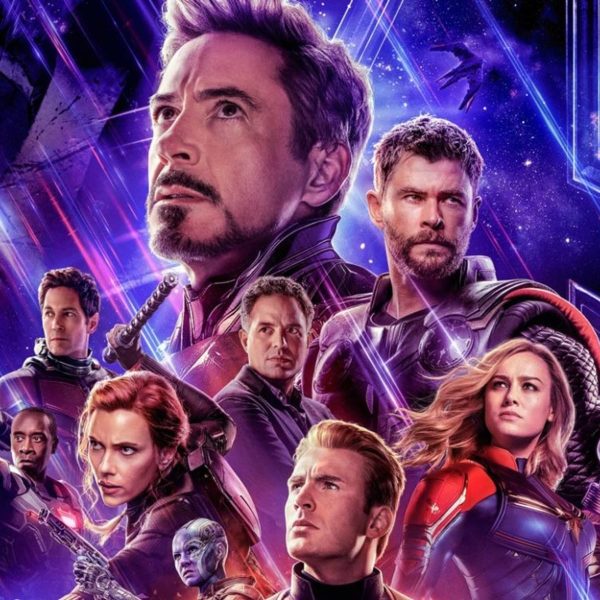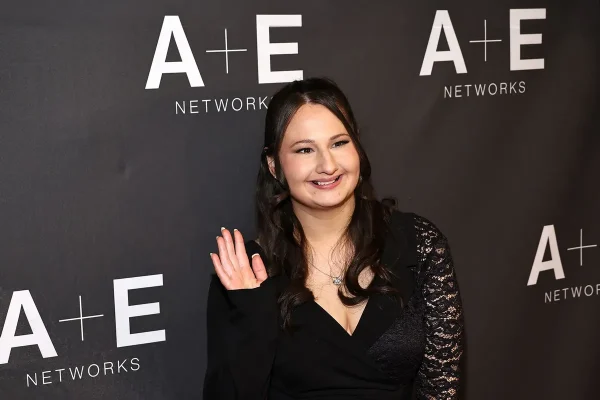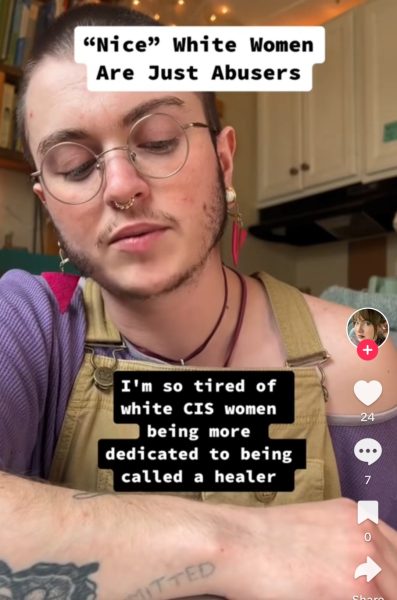Are we censored?

More stories from Jordan Helmbrecht

In several other countries, such as China, the government uses its power to censor the Internet. Censoring the Internet in their context means getting rid of anything they do not want the people of their country to see.
This mainly includes posts and sites that contain information the government doesn’t agree with or doesn’t want their people to see. That can stretch anywhere from posts which contrast the views and beliefs of the government to posts and sites that contain information on events that occurred which the government wants to shield from its citizens.
In China, an example of this would be in the case of the Tiananmen Square protests. In 1989, a student-led protest for democracy occurred in Tiananmen Square. In response to the initial presence of the Chinese military failing to shut down the protests, Chinese authorities decided to “level up” and ordered the Chinese soldiers and police to storm the protest while open firing. It became a massacre. Hundreds to thousands of protesters died and thousands were arrested. It was a tragic event in history.
In an attempt to cover up their horrid orders, the Chinese government went to all efforts to censor the Internet and prevent any member of the country from being able to find anything about the event. Basically, they tried to make it disappear; it made the government look bad, and they didn’t want their people to know about it.
China’s government also attempts to censor what is said in the country; you never know where a camera is hidden or who is around you. If the wrong person hears you say the wrong thing, punishments are at hand.
As of now, there isn’t any news of the U.S. government censoring the Internet or the things that U.S. citizens say. As far as we know, all of the good and the bad that the United States has done can be looked up, and we can say anything we want. However, that doesn’t mean that there isn’t still censorship happening.
In a way, things nowadays are censored a lot more than they used to be. Over time, people have become very sensitive to other opinions—there isn’t much you can get away with saying without offending someone.
With that said, there is now a heavier factor of censorship, especially a new idea of self-censorship. This new idea of self-censorship is an understanding of the sensitive society around us and judging what we can say and can’t say based on that. Many times, we do this without even noticing; honestly, I would say most of the time we don’t even know we are censoring ourselves—but we are.
We have become accustomed to thinking about what we say before we say it. Especially in terms of politics, people will think twice before making a statement. There are just so many ideas and opinions that people feel strongly about, so strongly it prevents a casual conversation. So, with that in mind, we could think about saying something, and then automatically, our brain has evolved to censor out the statement in hopes of preventing upsetting someone else.
Often times, I find myself censoring the things I say. Being someone who writes opinionated stories, this can become difficult sometimes. When I am speaking out loud, my brain does the censorship for me. However, when I am writing, I am essentially speaking to myself, so I process the censoring.
This new idea of self-censorship is an understanding of the sensitive society around us and judging what we can say and can’t say based on that.
I’ll admit, I am a person who has very strong opinions on several things; however, I am not someone who is going to let someone with a differing opinion upset me. I enjoy discussing what I think with other people — it keeps my brain moving. I also enjoy writing about these opinions, but I find that the censorship I force upon myself also ruins the things I have to say.
In my eyes, someone expressing their own opinion, whether it is in writing or out loud, is simply someone trying to share what they believe in. I feel like often times we confuse people simply sharing their opinions with them trying to coerce people into agreeing with them.
I feel like these days, people take certain things very personally. Even if a statement isn’t directed specifically at anyone, someone will take it as if it is. But most of the time, the reality is that someone is just saying what they think, they aren’t asking you to agree with them or saying that their beliefs are the right beliefs, they are just stating what they think. For example, if you don’t like something I write, by all means, ignore it, I’m not asking for people to agree with me and I don’t take it offensively. But some people don’t understand that, so, therefore, we are forced to censor the things that we say.
Our government may not be censoring us and the things we say; however, we are censoring each other even if we don’t know it. People fear upsetting someone else by saying something they might not agree with; we genuinely fear the controversy that certain statements could start. And this fear, well, it’s the greatest source of censorship there is.
So when asked the question “are we censored?” my answer would be yes.

Jordan Helmbrecht is a senior and is entering her second year on staff for The Central Trend. She plays soccer for Midwest United FC and FHC. Although...


























































































Eli Luyckx • Dec 28, 2019 at 5:18 am
This article needs to be hi-lighted or something It just….makes so much sense.
Like I feel that way sometimes. For me it’s so bad (Almost the more I try to not sound opinionated the worse it gets) just the way I word my thoughts on thing’s. My conversation will usually end where the person basically gives you the okay they are crazy or stupid look. Or the oh same!